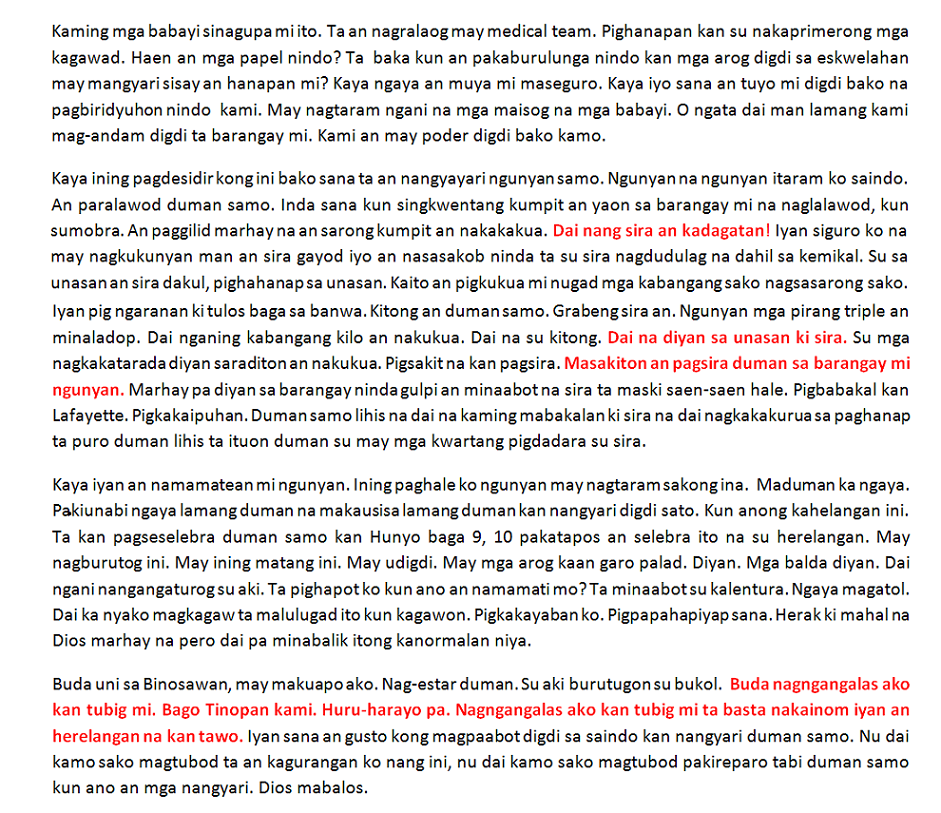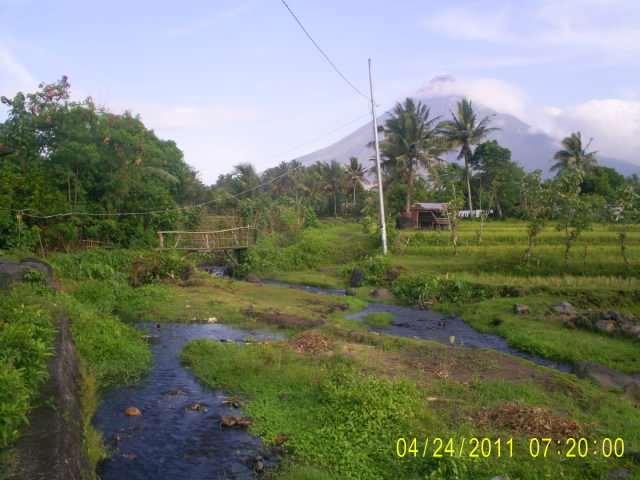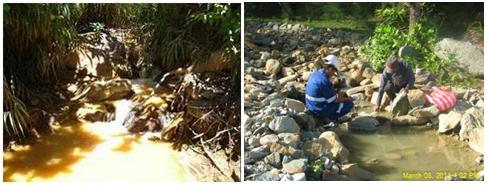More to the Point, Manila Bulletin
Sunday, January 20, 2008
WE welcome the designation of 117 trial courts as environment courts. This gives more leverage to the prosecution of environment criminals. It also provides support and encouragement to volunteers in the green movement. The quick action by the Supreme Court following the recommendation of the Philippine Judicial Academy was noted by the public with great appreciation.
That there has been an increase in environmental advocacy is shown by a greater awareness of the impact of climate change and implications of years of neglect which had resulted in the deterioration of our life resources. Unfortunately, this awareness has not been translated into practice. Air and water pollution continues to be high. In fact, Metro Manila was at one time known as the highest air polluters in the region. Last year, we were at the top in the list of countries that experienced the most number of natural disasters. We continue to disregard warnings about our dwindling water resources, the effect of production of plastics and non-renewal forms of energy on flood control measures, and other environment-unfriendly lifestyles. How many of us are really making drastic changes in our lives such as monitoring our consumption levels?
We agree with Senator Loren Legarda’s advocacy for climate change rather than Charter change and are pleased to learn that the Department of Environment and Natural Resources had given recognition to IEC (information, education and communication) in this important task of environmental advocacy. This, it had done by declaring 2008 as IEC Year to remind us that IEC is a necessary and critical component of all development programs. However, such rhetoric has not been translated into budgetary support for government IEC activities. Awareness-building is merely the first step, just as regarding IEC as a support to other activities, one of the less important functions of a comprehensive IEC strategy. If appropriate action is expected, the information must first be translated into knowledge that enables us to think critically, evaluate alternatives, and arrive at needed solution. Such knowledge should have appeal at both rational and emotional levels to effect sustainable behaviour change.
Former Vice President Al Gore was a successful environmental advocate because he was able to do just that – craft a message that had appeal to both minds and hearts. The lesson from his Oscar-winning documentary, "An Inconvenient Truth" (which also helped him win the Nobel Prize), is that a message must focus on a survival issue, based on facts, have clarity and consistency, and combine rational and emotional appeal. Too, and even more important is source or institutional credibility. IEC strategy planning would therefore require well-trained and highly creative professionals.
The legislature had done its part as we have more environmental laws than needed. The judiciary, by creating the green courts had demonstrated its commitment. The Executive Department, notwithstanding its seriousness in fulfilling its mandate, needs further rationalization. While the DENR is the principal environmental agency, the Department of Agriculture (notably the Bureau of Fisheries and Aquatic Resources or BFAR), and the Department of Agrarian Reform have resource management functions as well. Although the primary mandate of DENR is on protection and conservation, it has another function — exploitation or extraction of our mineral and forestry resources, which is inconsistent with its principal mandate. Any attempt towards rationalization should focus on these two gaps — need for improved coordination and monitoring, and reconciling inconsistencies in departmental mandates. My e-mail is florbraid@yahoo.com
































































































































No comments:
Post a Comment